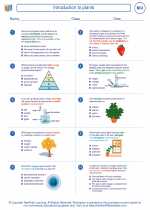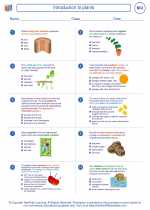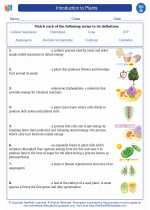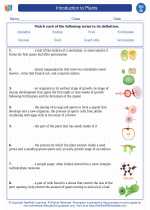Cations
A cation is a positively charged ion. It is formed when an atom loses one or more electrons. This loss of electrons leaves the atom with a net positive charge. Cations are formed primarily by metals.
Formation of Cations
When a metal atom loses one or more electrons, it forms a cation. This process occurs through the transfer of electrons from the metal atom to a non-metal atom, resulting in the formation of an ionic bond. The resulting cation is attracted to the negatively charged non-metal ion, forming an ionic compound.
Naming Cations
Cations are named by adding the word "ion" after the name of the element. For example, the cation formed by the sodium atom is called the "sodium ion".
Properties of Cations
Some general properties of cations include:
- They are smaller in size compared to their parent atoms.
- They are attracted to the negative terminal of a battery in electrolysis.
- They are often found in ionic compounds.
Examples of Cations
Some common cations include:
Study Guide
To study cations, make sure to focus on the following key points:
- Understand the concept of cations and how they are formed.
- Learn the naming conventions for cations.
- Understand the properties of cations and their role in chemical reactions.
- Memorize common examples of cations and their charges.
◂Biology Worksheets and Study Guides High School. Introduction to plants

 Worksheet/Answer key
Worksheet/Answer key
 Worksheet/Answer key
Worksheet/Answer key
 Vocabulary/Answer key
Vocabulary/Answer key
 Vocabulary/Answer key
Vocabulary/Answer key
 Vocabulary/Answer key
Vocabulary/Answer key
 Vocabulary/Answer key
Vocabulary/Answer key
 Vocabulary/Answer key
Vocabulary/Answer key
